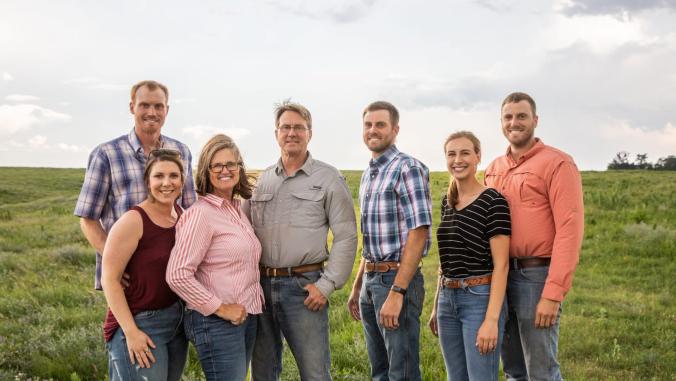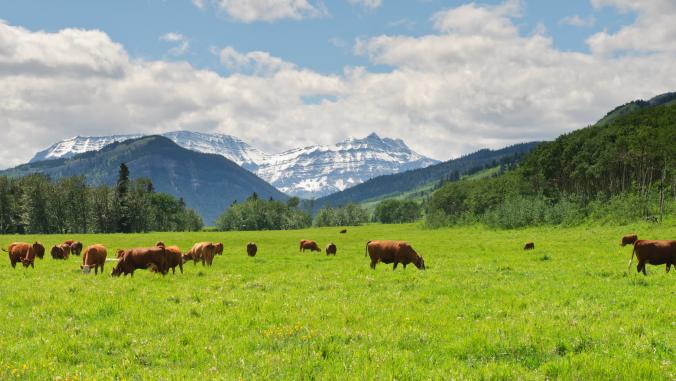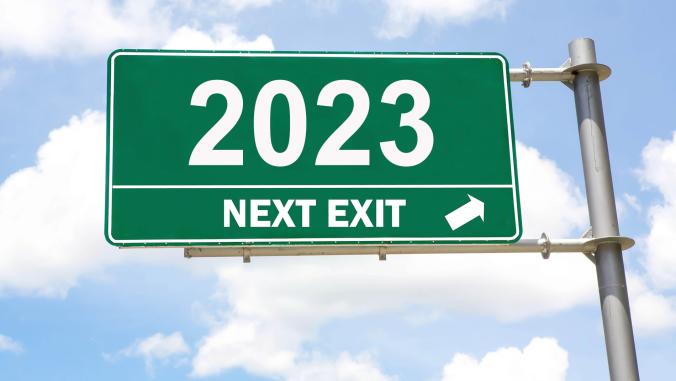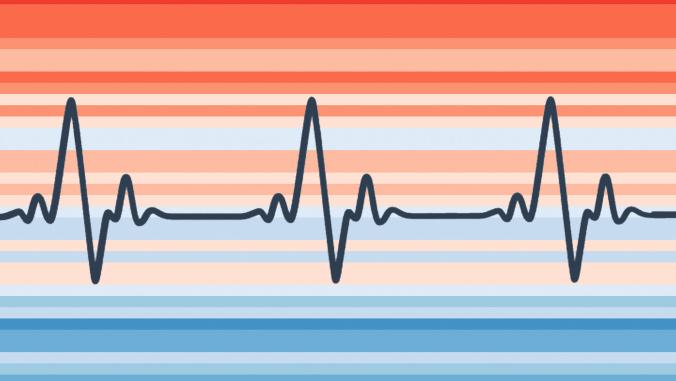With the clean economy, it's (still) a sink-or-swim moment
A tsunami of clean-economy solutions are emblematic of a moment that is as filled with potential as it is fraught with challenges.

When we launched the VERGE conference and expo in 2011, we had a vision born of a hunch: A largely unidentified revolution was in the works in which technologies were converging to rapidly scale solutions to the world’s biggest environmental and social challenges.
To be sure, this was no wild guess. We’d been observing the early signs of this convergence for half a decade, as the digitization of commerce aligned with a raft of other technological and societal trends, from the explosion of data in global commerce to increased concern about the impacts of climate change, income inequality and the decline of our natural capital stocks — topsoil, clean air and water and all living organisms, large and small.
In other words, the things economies and societies need to flourish.
We also saw how some of these concerns already were manifesting through the increased occurrence of extreme weather, economic perturbations, social unrest and resource conflicts around the globe.
In other words, the things that can drive economies and societies to ruin.
It was a sink-or-swim moment and we opted to dive in, headfirst, to traverse the gaping expanse between potential crises and untapped opportunity. Thus, the birth of VERGE.This week, as we prepare to welcome 3,000 professionals to the ninth annual VERGE conference, in Oakland, California, we are both stirred and sanguine by what we see.
There are dozens of large companies, and hundreds more smaller ones, that are in the middle of a revolution not all of them yet clearly see. We hope to change that.
Many of these companies are, or soon will be, finding themselves in new business sectors, sometimes far afield from their original areas of core competence. We’ve already seen this in the IT revolution (Apple as music seller; Amazon as book publisher; Google as travel agent). So, too, in the VERGE world: Microsoft as energy management company; Boeing as solar company; Best Buy as EV renter). As the landscape shifts, the technologies mature and the end-user applications grow, this blurring of traditional boundaries will accelerate.
Today, that acceleration is well underway at the same time that many of the world’s biggest challenges are reaching tipping points, and as the economic consequences of a changing climate, once seen as a "someday" problem, start to hit home. Emerging technologies and business models are taking on the global war on plastic pollution, the threats to food systems from the loss of biodiversity, the drawing down of water tables to supercritical levels, threats to military operations from flooded ports and runways, and the economic dislocation in sectors as varied as forestry, fisheries, oil and gas, retail, utilities and tourism.
Tsunami of solutions
Since our original 2011 vision, nothing has suggested that we were wrong; quite the contrary. As we predicted back then, we are today confronted by a tsunami of solutions, born of cleaner, greener technologies that are gradually achieving cost-parity or better with their conventional, dirtier counterparts; and digital technologies that are enabling dramatic increases in efficiency, or that create new opportunities to track and trace products and materials to ensure that they are sustainably sourced, and that their constituent parts can be reclaimed and turned back into new sources of value at the end of their useful lives.
But there's a bigger opportunity here than simply shining a bright light on the new: bringing together buyers and sellers to facilitate and accelerate the market uptake of these cleaner technologies. That's a big part of what VERGE has become.
This week, as we prepare to welcome 3,000 professionals to the ninth annual VERGE conference, in Oakland, California, we are both stirred and sanguine by what we see. The clean economy is taking shape, in some cases faster than anyone predicted, in other cases plodding and frustratingly slow.
Of course, these technologies don’t exist in a vacuum. They are part of value chains, regulatory schemes and stakeholder networks. To switch to 100 percent renewable energy, for example, as so many large companies and institutions already are doing, requires new energy technologies, of course, but also potential changes in procurement, building design, facility management, utility tariffs, tax schemes, corporate finance and probably several other things. Similarly, with shifting to electric or other zero-emission vehicles.
Such systemic shifts don’t happen quickly or easily, and sometimes they can be blocked or delayed by entrenched incumbents. But they also can happen faster than expected, disrupted by visionary and nimble innovators, both large and small, with less-agile incumbents caught flatfooted.The potential for disruption has only grown over the past decade, as technology and business model innovation push the limits of what had, heretofore, seemed a pipe dream: a clean economy.
The potential for such disruption has only grown over the past decade, as technology and business model innovation align with what had, heretofore, seemed a pipe dream: a clean economy. Who’d have predicted back in 2011 the rapid rise of circularity among the world's largest brands, for example, or the realization of markets to draw down greenhouse gases, profitably, from the atmosphere? That electric vehicles would become, or soon will be, the norm instead of the exception? That the built environment increasingly would rely on electricity rather than natural gas for heating, cooling and other things? That agriculture would be seen as a key to solving climate change? Or that the electrification of aviation would be in the wings?
All of these are now part of the VERGE agenda. Individually and collectively, they are emblematic of a moment as filled with potential as it is fraught with challenges.
That’s what this week is about: seizing the potential, busting through barriers, upending entrenched systems, improving lives and adapting to the new normal — all in the name of creating a clean economy that works for all.
If you are unable to be with us in person, I invite you to tune in to the free VERGE Virtual livestream. See here for details.
For more on these topics, I invite you to follow me on Twitter, subscribe to my Monday morning newsletter, GreenBuzz, and listen to GreenBiz 350, my weekly podcast.





